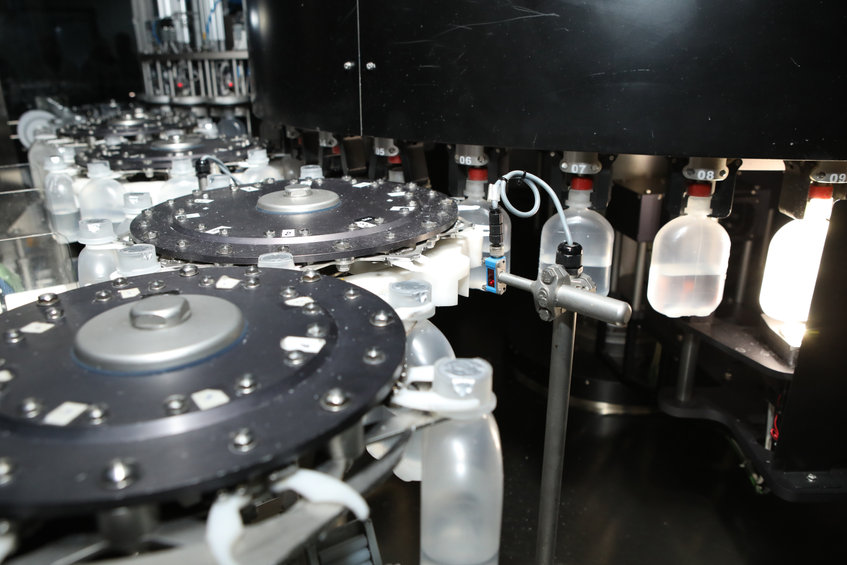Greater efficiency and productivity are always ongoing goals for any manufacturing. Chemical manufacturing is, of course, not an exception. They are looking beyond volume to drive growth and efficiencies to reduce costs.
Changes are afoot.
There has been a shift among major manufactures to leverage technologies created by smaller, innovative developers. These software developers can assist manufacturers with simple pilot testing (virtually many times) through extensive process development, reducing the risks and complications that have made companies resistant to adopting new, external technologies.
Chemical Processing Continuous Flow is the Future.
Another direction that seems to be gathering traction is chemical manufacturing companies are increasingly using modularized continuous-flow process approaches to overcome the disadvantages of batch processing and reduce the development time from initial idea to commercialization. Some advantages would be:
- Reduced process cycle times
- Lower operating costs
- Smaller facilities
- Reduced ecological footprint
- Greater and simplified quality control
Adoption of continuous processing not only promises to increase efficiency and reduce cost but can also potentially open up new fields in industrial chemistry.
Modularity is Cool.
Taking a modular approach to manufacturing laboratory equipment can simplify scale up by guiding the design of the final production facility along the same modular principles, allowing for concurrent planning and engineering of production at different scales. The modular approach to process engineering has clear benefits in increased efficiency and reduced time to market.
Quality by Design.
QbD is a systematic approach to development. Adopting a QbD approach can provide a better understanding of the process with more effective control of further changes and development, less batch failure and higher ROI or cost savings, and may further create opportunities for more flexible regulatory approaches.
Digitization Rules. This is huge!
In terms of process development, companies are increasingly collecting and integrating data from cyber-physical sensor systems throughout manufacturing processes.
Improving the integrity of all data collected throughout the manufacturing process will have a significant impact on the utility and effectiveness of analytics and all possible applications of that data.
Machine learning and artificial intelligence technologies can take advantage of this wealth of data to make and execute decentralized decisions with minimal input from human operators.
Automation Makes Sense.
Digitization can easily lead to automation in manufacturing processes. The synthesis of the two approaches enables automated sensors to capture real-time data during production processes, data analysis and digital decision-making occurs rapidly, and those decisions are carried out directly through automated process equipment. Benefits in terms of transparency, efficiency, and cost savings can be had.
For more information on how Coolearth Software can help with your Chemical processes contact us here to learn more.

